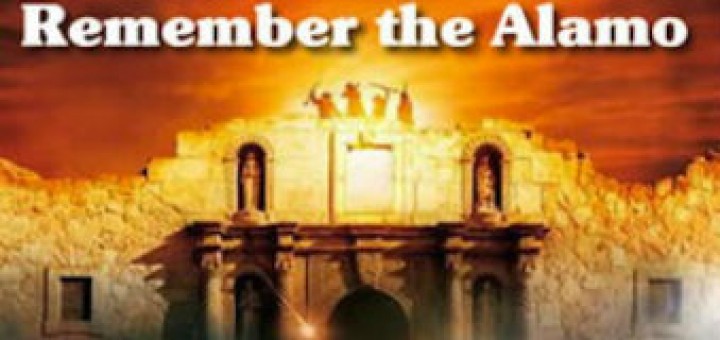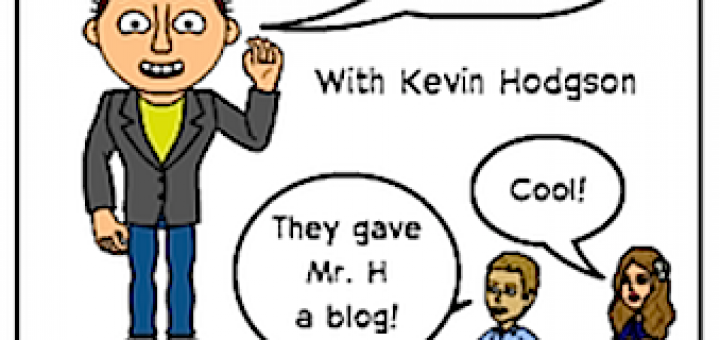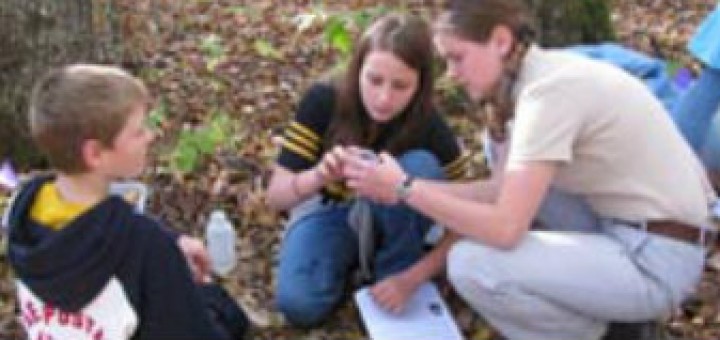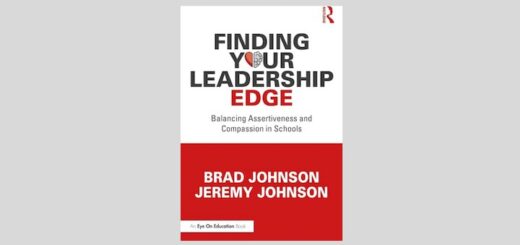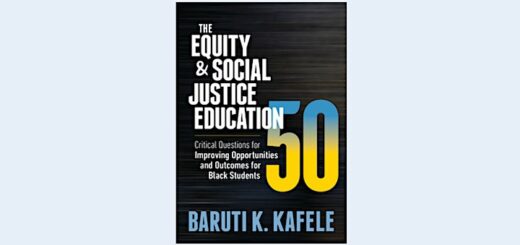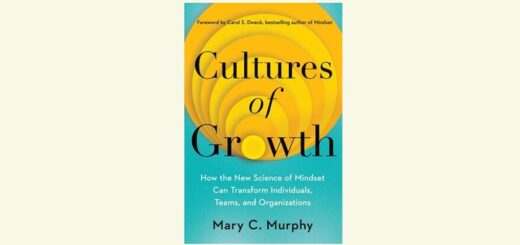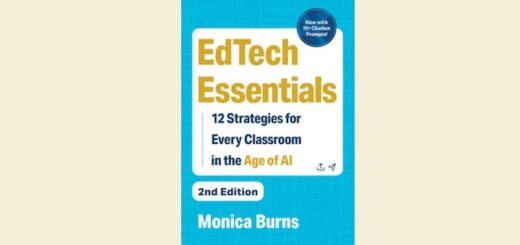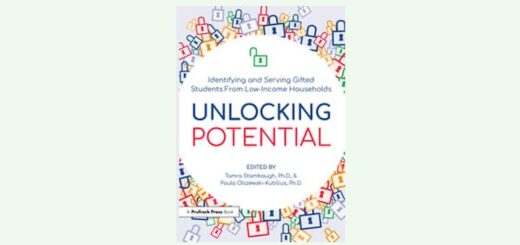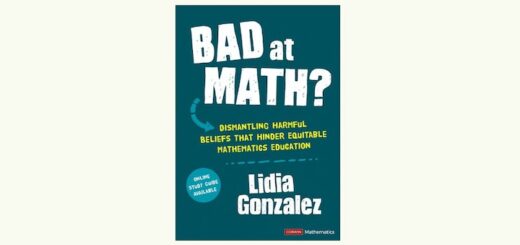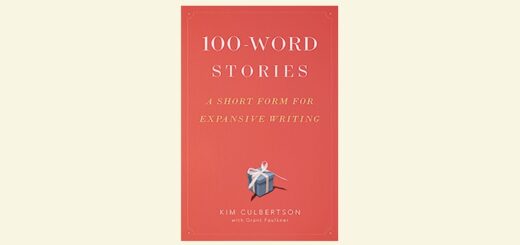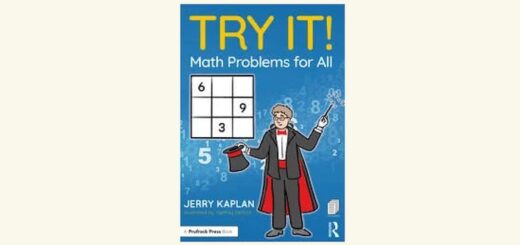Teaching and learning in grades 4-8
Clare Landrigan and Tammy Mulligan analyze assessment and the data it produces to show how it can benefit instruction, not displace it or waste teacher time, says reviewer Sandy Wisneski.
Evaluative questions that encourage the development of evidence based opinions help students learn to view history “as a complex narrative.”
Look no further than Invent to Learn, by Sylvia Martinez and Gary Stager, for information on promoting the Maker Movement in your school, says reviewer Kevin Hodgson. Among many other useful ideas: How to involve students in staging a Maker Fair.
MiddleWeb’s new English/LA blogger Kevin Hodgson (aka, dogtrax) introduces himself and promises to learn from and with teachers and other readers.
Teachers will find helpful discussions of CCSS listening & speaking standards & the CALL tool. Reading & writing are missing.
Elizabeth Stein details her work with a colleague in an English Language Arts classroom as they search for co-teaching models to best support the Common Core.
Veteran music educator Nancy Flanagan shares the story of how a “solid bar band” taught her to be a better teacher by immersing her in the rhythm and flow.
Teacher & consultant Dayna Laur shares stories from her book “Authentic Learning Experiences” and urges educators to create real-world PBL classrooms.
Writing in the voice of teachers, says reading coach Katie Gordon, the authors describe how to create classes “where thinking is valued, visible, and actively promoted.”
Common Core math experts Leslie Texas & Tammy Jones offer strategies (and free tools) to help students become mathematical thinkers. “The key, they say, is to “seamlessly interweave” the CCSS mathematical practices with content instruction.


